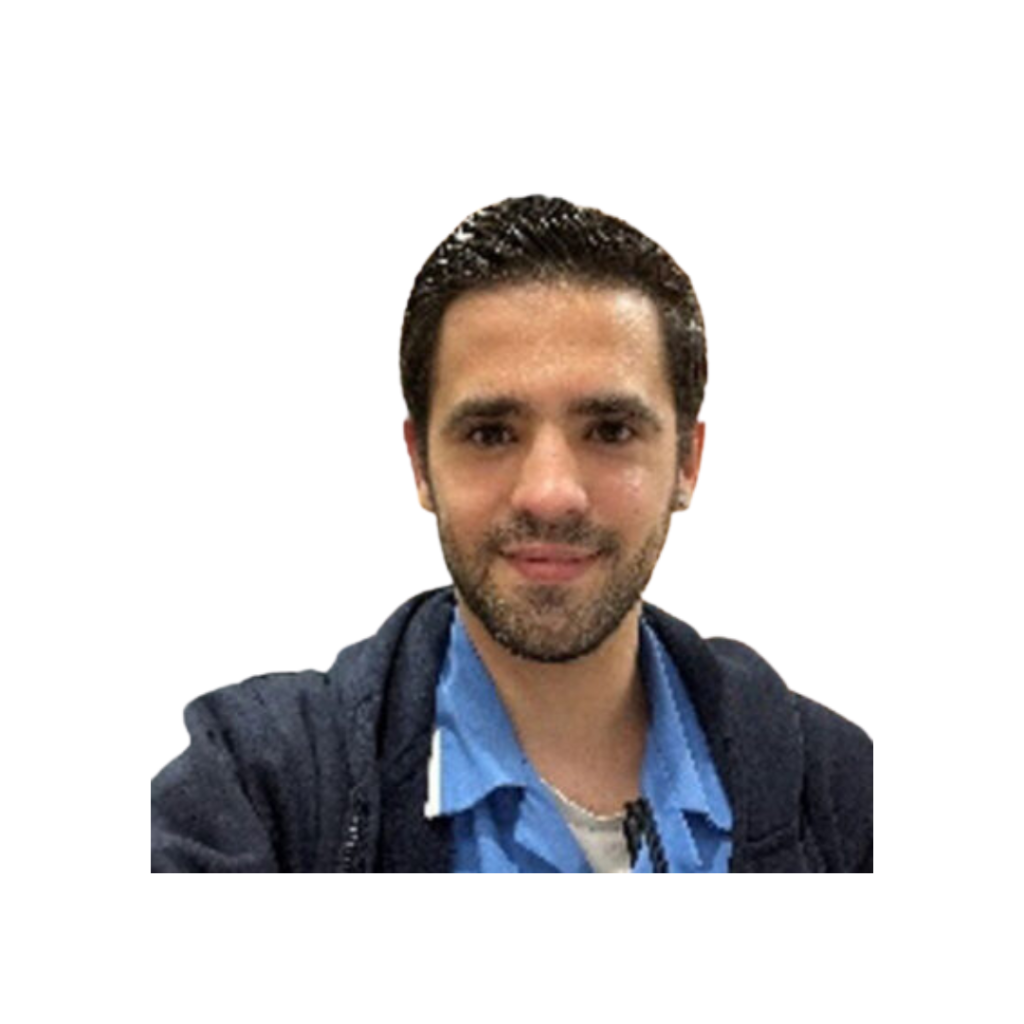Job Title
Staff Nurse
Where are you based?
Hospital
Is your role clinical or non-clinical?
How did you come to work in the NHS?
I joined the NHS in October of 2019. I knew I would have a challenging and rewarding career in the NHS and that I would be supported in my development. I was recruited by a Portuguese agency. I had the chance to choose where I could apply in the UK and I decided to come to Basingstoke due to being close to airports and because it’s a good hospital with a few interesting specialities.
Briefly explain your job
I work in clinical role as a Staff Nurse in Day Case Surgery. I do pre-assessments, admission of patients, recovery and discharge of patients after they have had a day surgery. Day surgeries are usually relatively minor procedures which do not require an overnight stay in hospital.
During the admission process I get to talk to my patients, to assess any special needs they have and make sure we have documented their medical history. I conduct a series of tests or observations to assess the patient’s vital signs, to make sure they are well enough to go ahead with the procedure. After the procedure, the patient goes into an area called first stage recovery, and I help the patient wake up after the anaesthetic. I try to make sure the patient and their relatives have all of the information they need, such as how to look after the wound, post-anaesthetic advice, and next steps. Then the next day we phone the patient to check they are recovering properly and see if they have any questions.
What do you love about your job?
I love my role and I know that Nurses have a very important role in looking after their patients, building trust and putting them at ease and caring for them when they need surgery. People who come in for a procedure are often very anxious, so we need to be compassionate and understand what they are going through and try to make their experience as pleasant as possible.
What is challenging about your role?
Sometimes my days can be very stressful because we can have 60 or more patients to look after in one day, so it can be very busy. It can be more challenging and cause delays if a patient is unclear about their medical history or if the doctor requires extra assessments, such as blood collection, ECG or pre-medication. In the recovery area, sometimes people don’t react so well to anaesthesia so we need to help them, and this is the reason why we need to be with the patient at least for 2 hours after the procedure so we can make sure they are safe to go home on that day. Sometimes the discharge paperwork takes longer, for example if the patient needs the doctor to sign a sick note or arrange a follow up appointment.
Which colleagues support you in your role?
My colleagues include other clinicians, such as Nurses and Healthcare Assistants, my line manager and the Doctors, who are mostly Surgeons or Anaesthetists. Then there are my non-clinical colleagues, like the ward clerks and receptionists. There are also all the people who help to keep the hospital running, such as the people providing food for staff and patients and the people who make sure everything is kept clean, which is really important in a hospital.
Is there career progression in your role and how would you get there?
I’m hoping to progress to a leadership role by showing commitment to my line manager and being willing to step up when there are challenges.
What would you say to a young person thinking of joining the NHS?
I would say the NHS needs you. We need people who are eager to learn and come with new ideas and developments. The NHS is always looking for people to start and your age doesn’t matter.

